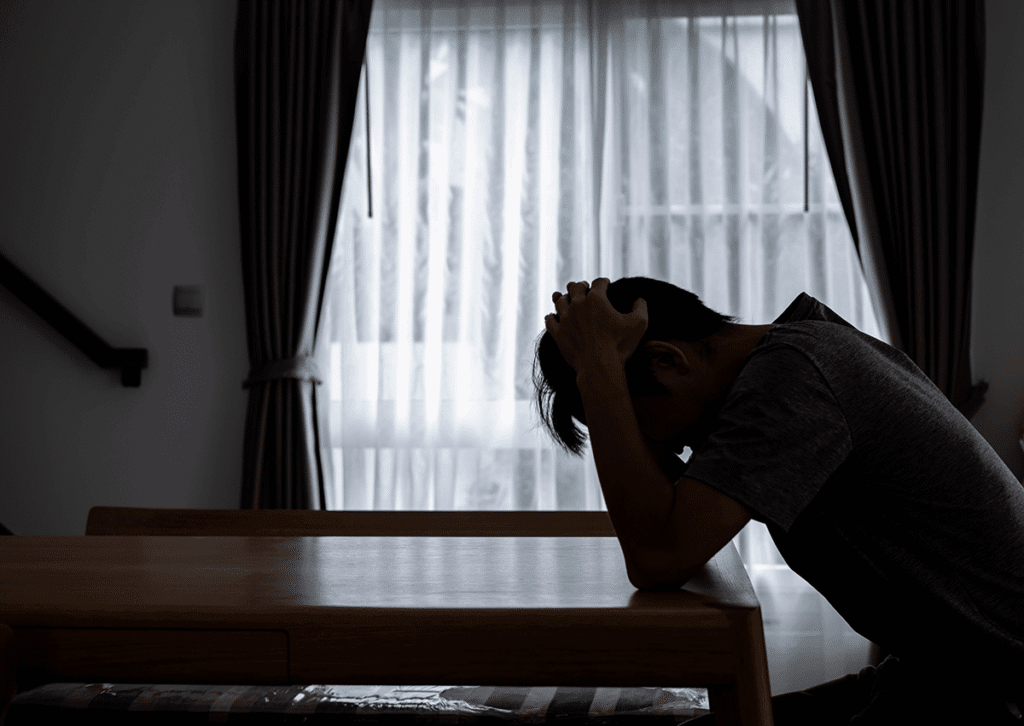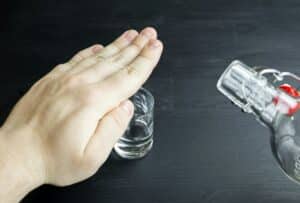Depression is one of the most common mental health conditions. Individuals from all walks of life can struggle with their mental health, regardless of their age, race, or economic status. While it is normal to feel sad or low from time to time, prolonged or recurrent feelings of depression can be a sign of something more serious. Do you know how depression can lead to addiction? If you or a loved one has depression, don’t wait to reach out for help. Individuals often need professional treatment to improve their mental well-being and learn to manage their condition.
If left untreated, depression can take over your life and significantly impact your health and well-being. Depression can lead to further struggles, such as substance abuse. Treatment can be intimidating or overwhelming, but our team is here to guide and support you throughout recovery. We take an integrated approach to recovery to help patients heal their mind, body, and spirit. Our depression treatment program can help you overcome your struggles and learn to manage your mental health. For more information about our treatments and therapy programs, contact us at 888.351.3834.
Can Depression Lead to Addiction?
It is not uncommon for someone with depression to also struggle with addiction. This is known as co-occurring disorders or dual diagnosis. Depression and addiction have a complicated and reciprocal relationship where they enhance the negative side effects of each other. This creates a negative cycle, making it challenging to quit and get healthy. Now, can depression lead to addiction? The answer is yes. Depression can lead to addiction, but addiction can also cause struggles with depression. Understanding the connection between the two conditions is critical for effective treatment.
How Depression Can Lead to Addiction
If you are unfamiliar with dual diagnosis, you may not understand how depression can lead to addiction. What often happens is that individuals struggling with depression resort to substances to self-medicate and alleviate the negative symptoms of their mental illness. This self-medication provides temporary relief, which can lead to more abuse and eventually struggles with addiction. Unfortunately, this substance abuse will only exacerbate depression symptoms over time and increase the risk of heather harm to your health and well-being. This is the nature of depression, leading to addiction. Recognizing the signs of both conditions can be tricky, but early identification can ensure someone gets the proper form of treatment.
Some of the signs of dual diagnosis are:
- Extreme mood swings
- Neglecting health and hygiene
- Withdrawing from friends and family
- Inability to complete responsibilities at home or work
- Engaging in risky behavior
- Changes in sleeping patterns
- Persistent feelings of despair or hopelessness
- Using substances as a coping mechanism for difficult feelings or emotions
If someone is struggling with depression and addiction, we can treat both conditions simultaneously. This is the best way to address their struggles and ensures that one condition does not derail the other during recovery. Depression and addiction can take over your life, but our team can help you better understand the underlying causes of your addiction and find healthier coping mechanisms.
Receive Help for Depression and Addiction Treatment at Northpoint Nebraska Today
If you are struggling with depression and addiction, you are not alone, and help is available. At Northpoint Nebraska, we understand how depression can lead to addiction and the way this impacts the recovery journey. We provide various evidence-based treatments and therapy programs to support patients as they heal. Everyone’s needs and circumstances during recovery are different. That is why we tailor our various programs and services for each patient to ensure they get the specific support they need.
To start your recovery journey, call Northpoint Nebraska at 888.351.3834 or use our online contact form.




